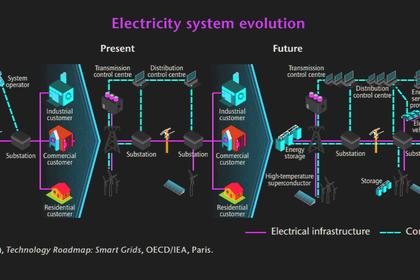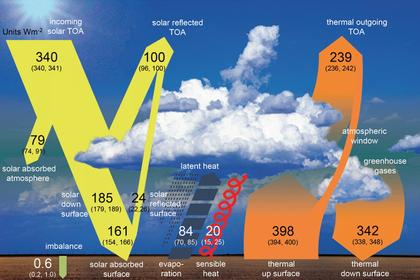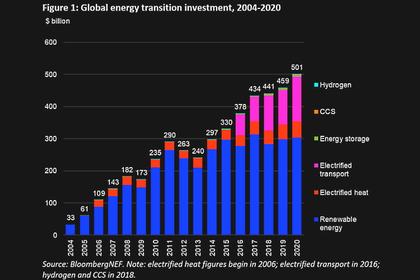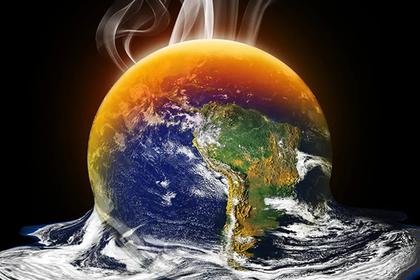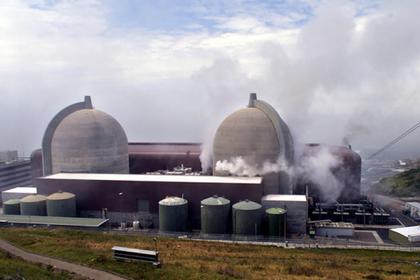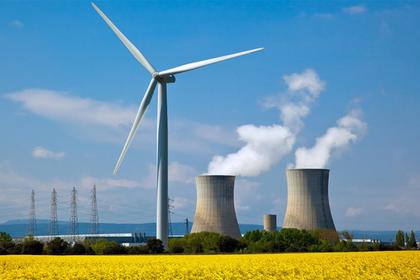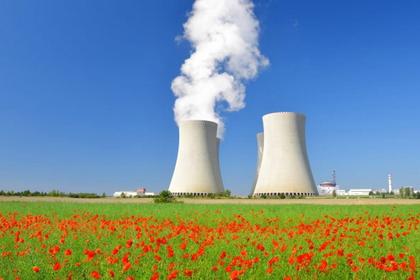
NUCLEAR & RENEWABLES
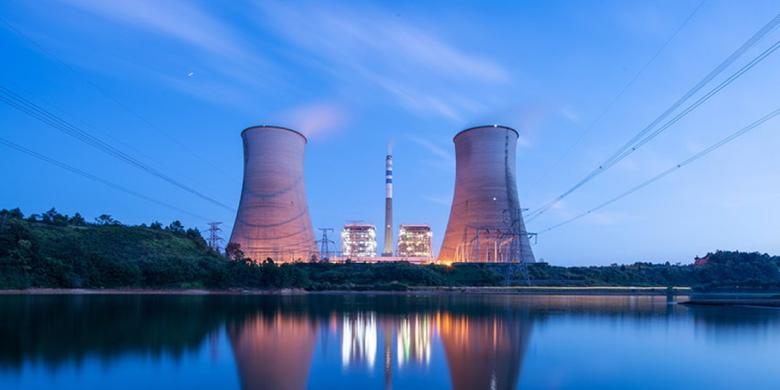
IAEA - JUN 23 2021 - The importance of nuclear power in helping to stabilize electricity grids and ensure a reliable and low carbon energy flow will increase with the rising share of renewables in the global energy mix, IAEA Director General Rafael Mariano Grossi said at a major climate event today. He also noted that to achieve the goal of displacing fossil fuels, the use of nuclear will need to extend beyond providing electricity and contribute to heating and hydrogen production.
“Too often, people ask: Are renewables the future, or is nuclear the future? This is a false dichotomy. The answer, very clearly, is: “Nuclear and renewables are the future,” Mr Grossi said at the Ministerial Thematic Forums for the High-Level Dialogue on Energy, discussing ways to reach climate change goals.
The event brings together government ministers and leaders from business, cities, civil society, youth organizations and other stakeholders virtually from 21-25 June 2021. They discuss possible solutions and partnerships for achieving Sustainable Development Goal 7, affordable and clean energy for all by 2030, on the road to net-zero emissions by 2050. In addition to Mr Grossi’s participation, IAEA experts are contributing to a Global Multi-stakeholder Dialogue session and are organizing two Forum side events: one on nuclear power’s contribution to sustainable development and clean energy systems and one on capacity building in energy planning to achieve SDG7 objectives.
“The latest “Net Zero by 2050” International Energy Agency report finds nuclear power’s capacity will need to double if we are to displace fossil fuels,” Mr Grossi said. “To achieve this will require innovation and the deployment of advanced reactors.”
The IAEA has been coordinating global research and development on the technology and safety of a new generation of nuclear reactors, also called advanced reactors.
“The IAEA has built strong partnerships with its Member States, international organizations and industry,” Mr Grossi continued. “Why? Because an inclusive, integrated and just energy transition requires all stakeholders to play their part. This is how we ensure our precious resources are used efficiently and effectively.”
He noted that the IAEA provides a wide range of services to national governments, such as capacity building and technical assistance in the area of nuclear technology. The IAEA disseminates analytical tools for energy planning among more than 150 countries and 20 international organizations. It takes a holistic viewpoint, helping countries to develop sound overall energy policies, he said. Therefore, many of these planning tools and reports, such as the recently published publication Transitions to low carbon electricity systems: Key economic and investments trends, are technology-neutral. “This integrated approach to service requires that we see the big picture and know our part,” Mr Grossi said.
Mr Grossi highlighted Small Modular Reactors (SMR) as an innovation of particular interest to low and middle-income countries, as they have the potential to become a more affordable and more flexible option for communities and industries with smaller grids. The IAEA has recently kicked off an initiative to provide national governments, experts and regulators with integrated Agency-wide support on all aspects of SMR development, deployment and oversight.
The Ministerial Thematic Forums are being held in preparation for the High-level Dialogue on Energy during the 76th session of the UN General Assembly in September 2021 in New York. Its goal is to promote energy-related goals and targets of the 2030 Agenda for Sustainable Development and accelerate the implementation of the Paris Agreement. The IAEA, as a UN Energy member, has been contributing to the preparatory process for the High-level Dialogue on Energy, including to the theme reports of the five Technical Working Groups.
-----
Earlier:
